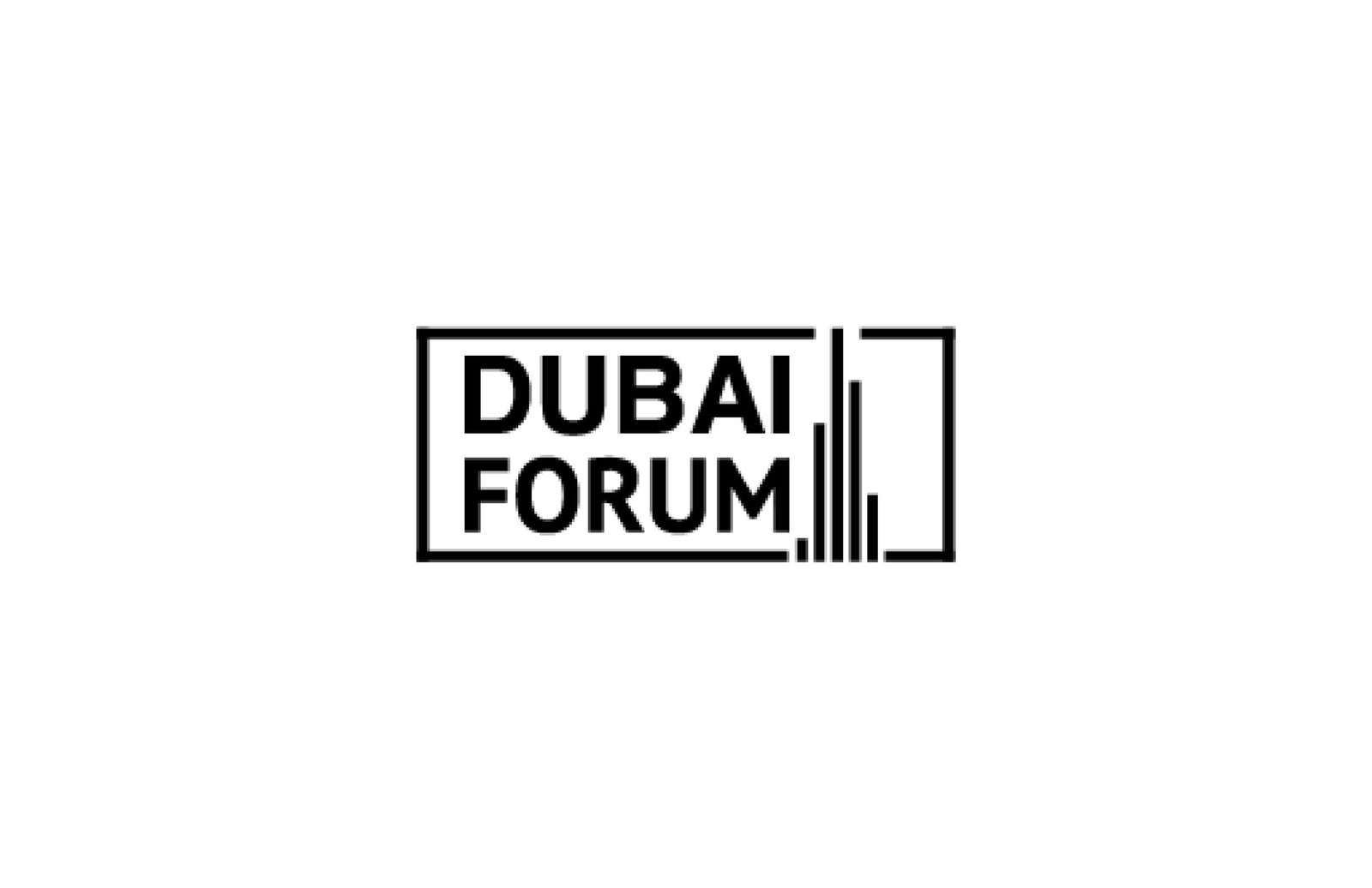The Evolving Role of Artificial Intelligence in Creative Expression: A New Era of Hybrid Discourse
As the realm of artificial intelligence (AI) continues to expand, its potential applications are both fascinating and formidable. Recently, Dr. Ali bin Tamim, the Chairman of the Abu Dhabi Arabic Language Centre (ALC), highlighted a significant breakthrough in this field: the capacity of AI to generate narrative storytelling and visual content that closely resembles human output. This revelation marks the advent of a new type of hybrid discourse, wherein the boundaries between human creativity and machine-generated content are increasingly blurred.
Artificial intelligence has long intrigued scholars, technologists, and the general populace with its promises of efficiency and innovation. However, the recent advancements in AI’s ability to produce coherent and engaging narratives raise essential questions about the future of storytelling and the arts. Today, we stand at a crossroads where human creativity and machine intelligence intersect, prompting us to reconsider our understanding of authorship, creativity, and the very nature of artistic expression.
The implications of this AI-driven transformation extend far beyond the confines of literature and visual arts; they permeate various sectors, including marketing, education, and entertainment. Businesses are beginning to harness AI technologies for content creation that resonates with consumers, demonstrating the tangible benefits of these innovations. By automating writing and graphic design processes, organizations can not only save time but also maximize their reach and engagement with audiences across the globe.
Moreover, the integration of AI into creative processes poses a challenge for traditional conceptions of artistry. The question of whether a machine can produce genuine art or literature akin to that of human creators stirs philosophical debates regarding consciousness, intention, and emotional resonance. If AI-generated works provoke genuine emotional responses from audiences, does that artistry merit the same recognition as that of its human counterparts? Such questions demand careful exploration and nuanced discussion within both academic circles and society at large.
The impact of AI on the creative industry is already visible in various forms. AI-driven tools capable of generating stories, painting, and even composing music are being utilized by artists and writers seeking new ways to express their ideas. For instance, platforms that employ machine learning algorithms can analyze existing texts to create new narrative structures that retain the nuances of style and voice. This process not only serves as a collaborator to human creators but also leads to the emergence of distinctly novel forms of storytelling.
In the sphere of education, the implications of AI’s narrative capabilities are equally profound. AI tools can augment traditional teaching methods by providing personalized learning experiences. For students with differing abilities and learning preferences, AI can tailor narrative content to suit individual needs, fostering a more inclusive educational environment. Such technology promises to enrich the learning experience by harnessing storytelling to convey complex ideas in ways that resonate with young minds.
However, the rise of AI in storytelling also brings forth concerns regarding cultural heritage and authenticity, particularly in the Arabic context highlighted by Dr. Tamim. The nuances embedded within stories and the traditions of oral storytelling are hallmark features of Arabic culture. As machines learn from vast datasets, questions arise about the preservation of cultural narratives and the role of human storytellers in preserving the dignity of cultural expression. It is vital that the use of AI aligns with efforts to safeguard and promote indigenous storytelling practices, ensuring that machines complement rather than undermine human creativity.
In conclusion, the dialogue surrounding AI’s burgeoning role in narrative storytelling and visual content creation is not merely a conversation about technology; it is also about humanity’s relationship with its creations. As we navigate this new era of hybrid discourse, it is essential to remain vigilant about the ethical dimensions of AI integration in creative ventures. Ultimately, the challenge lies in harnessing the power of artificial intelligence while honoring the intrinsic value of human creativity. It is only through such a balanced approach that we can fully realize the potentialities of this transformative technology, paving the way for a richer, more inclusive narrative landscape.
Tags:
#AI #TechnologyNews #EconomyNews #UAE #BusinessNews

